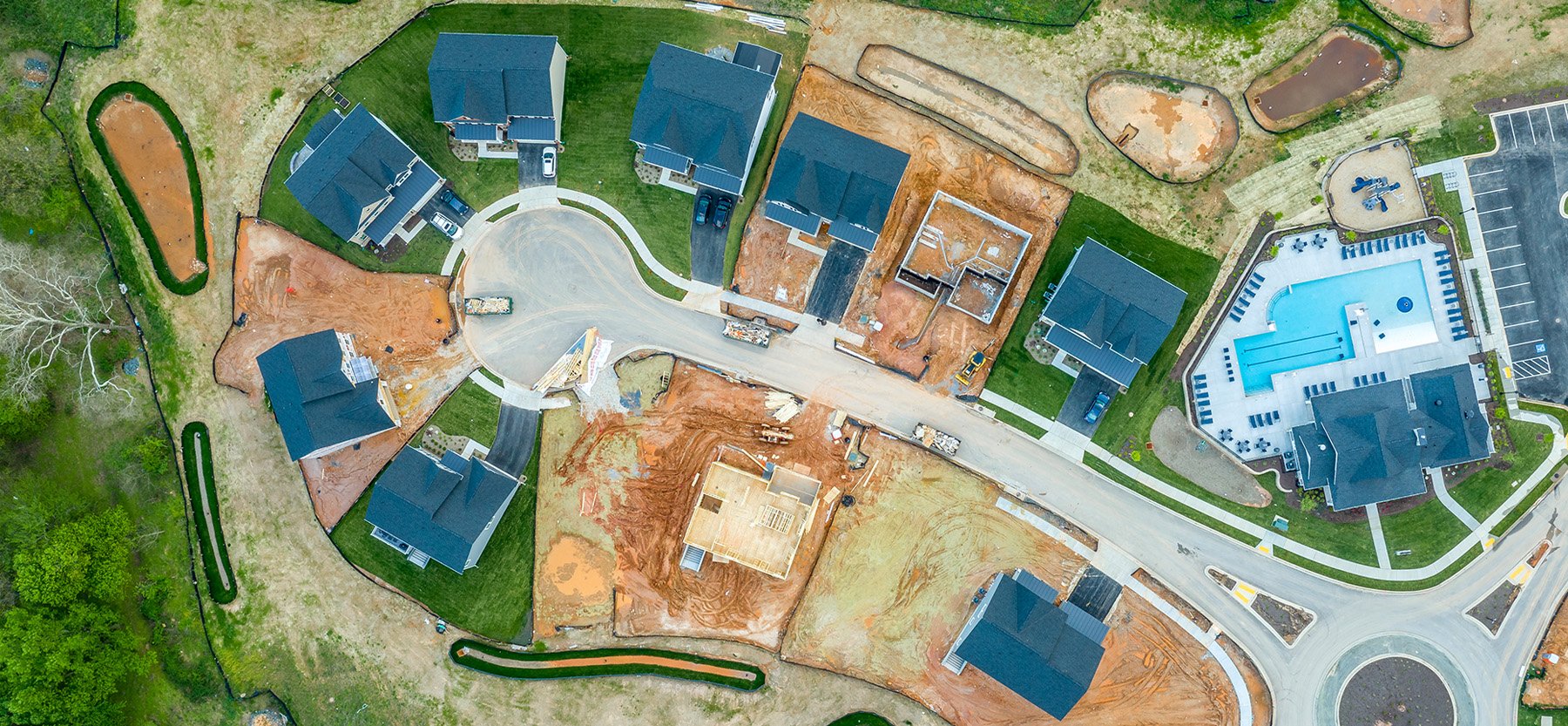October 29, 2024
Navigating the New Search Landscape: Home Builder SEO versus AIO
The digital world is evolving faster than ever before thanks to the rapid advancement of artificial intelligence (AI). For marketers, this means a fundamental change in how we approach search engine optimization (SEO). SEO has long been the cornerstone of digital marketing, guiding content strategies to drive organic traffic and maximize visibility on search engines like Google. Now, AI is emerging as a powerful force that could redefine the rules of the game, including changing how content is ranked, displayed and consumed.
This blog explores the fundamentals of SEO and AI optimization and how AI is fundamentally changing search, particularly for marketers in the homebuilding and real estate industry.
Understand the Basics: SEO and AIO
SEO is a strategic approach to increase a website’s visibility in organic search engine results. It involves optimizing various elements of a website, including mobile friendliness, content, technical structure and backlinks. SEO’s ultimate aim is to help sites rank higher on search engine results pages (SERPs), driving more traffic and increasing the chances of converting visitors into leads and ultimately homebuyers.
SEO operates around several core elements:
- Keywords: By understanding the terms people search for, home builder marketers can craft content that closely aligns with buyers’ needs.
- On-Page and Off-Page SEO: This includes aspects like meta descriptions, alt text for images and backlinks from reputable sources.
- User Experience: Google’s algorithms reward user-friendly sites with faster loading times, clean navigation and mobile adaptability.
While home builder SEO strategies have long been effective, new developments for AI in technology present both challenges and opportunities for marketers striving to maintain online visibility.
AI optimization (AIO), on the other hand, is a newer concept that refers to strategies designed to cater to AI-powered search functions that go beyond traditional SERPs. Tools like Google’s AI Overview and ChatGPT pull information from multiple sources to create comprehensive, concise summaries at the top of search results, a feature that is changing how marketers approach search.
For instance, even if your content doesn’t occupy the No. 1 position on a SERP, Google’s AI summary can still include it in the results shown to users. While this may sound beneficial, it also means that lower-ranked sources may surface above the traditional top spot, depending on their relevance to the query.
How AI is Reshaping the Search Landscape
Google’s integration of AI into its search engine is fundamentally changing how users interact with search results. One notable development is the introduction of AI-generated summaries that appear above traditional search results. These summaries, referred to as AI Overviews, provide concise answers to user queries, potentially reducing the need to click through to individual websites. This shift has profound implications for top-ranking keywords and SEO strategies.
- According to the Wall Street Journal, publishers predict that Google's AI search features will cause a 20% to 40% drop in organic traffic from traditional Google searches. As a result, it’s no longer enough to focus solely on conventional SEO. Home builder marketers must also consider how AI views their content and what adjustments are needed to appear in AI summaries.
Implications for SEO:
- Reduced Organic Traffic: As AI Overviews become more prevalent, there’s a risk of reduced organic traffic to top-ranked websites, even for those in the coveted number one position.
- Shifting Search Intent: AI-powered search engines are better equipped to understand complex queries and nuanced search intent. This necessitates a more sophisticated approach to content creation and keyword research.
- The Rise of AI-Generated Content: AI tools can generate high-quality content quickly and efficiently. However, it’s crucial to use Ai as a tool, not a replacement for human creativity and expertise.
Optimizing AI: A New Frontier
To thrive in this evolving landscape, marketers must adapt their strategies to optimize for AI-powered search. Here are some key considerations:
- Focus on High-Quality Content: AI algorithms prioritize informative, engaging and authoritative content. Ensure your website offers valuable insights and addresses user needs comprehensively.
- Consider user intent: Understand what users are searching for and tailor your content to meet their needs. For example, if your target audience is first-time buyers, consider adding educational content that breaks down the homebuying process, answering questions like ‘what is earnest money?’ or ‘what does the homebuilding process entail?’
- Use clear and concise language: Avoid jargon and write in a conversational tone. AI algorithms prioritize content that is easy to understand and mimics human language.
- Optimize for featured snippets: Structure your content to make it easy for AI to extract key information as it reviews your site. AI crawlers prefer context-rich, direct answers.
- Leverage AI Tools: Utilize AI-powered tools to analyze search trends, generate content ideas and optimize website structure. These tools, like the HubSpot AI Search Grader, can also identify opportunities for improvement.
- Track AI-Driven Metrics: Stay updated on how much of your traffic is coming from AI summaries versus traditional searches, and adapt your strategy as this balance shifts.
- Optimize for Voice Search: As voice search becomes more popular, optimize your content for conversational queries and long-tail keywords.
- Prioritize User Experience: A seamless user experience is crucial for both traditional SEO and AI optimization. Ensure your website is fast, mobile-friendly and easy to navigate.
- Build Strong Brand Authority: A strong brand reputation and high-quality backlinks can help your website stand out in AI-powered search.
- Monitor and Adapt: Keep abreast of the latest AI advancements and adjust your strategy accordingly. Don’t be afraid to embrace innovation and test different approaches and technology changes.
Looking Ahead: The Future of Search
The shift from traditional SEO to AI optimization is already reshaping how brands approach search. As AI-powered tools continue to evolve, marketers must remain proactive, adopting strategies that keep their content visible in both traditional and AI-driven searches. The key is to balance SEO and AI optimization, ensuring that content performs well on SERPs while also meeting the demands of AI summaries.
By understanding the interplay between SEO and AI, marketers can position their businesses for success in the digital age. While AI is undoubtedly a powerful force, human creativity and strategic thinking will remain essential in driving online visibility and engagement.




.jpg)







